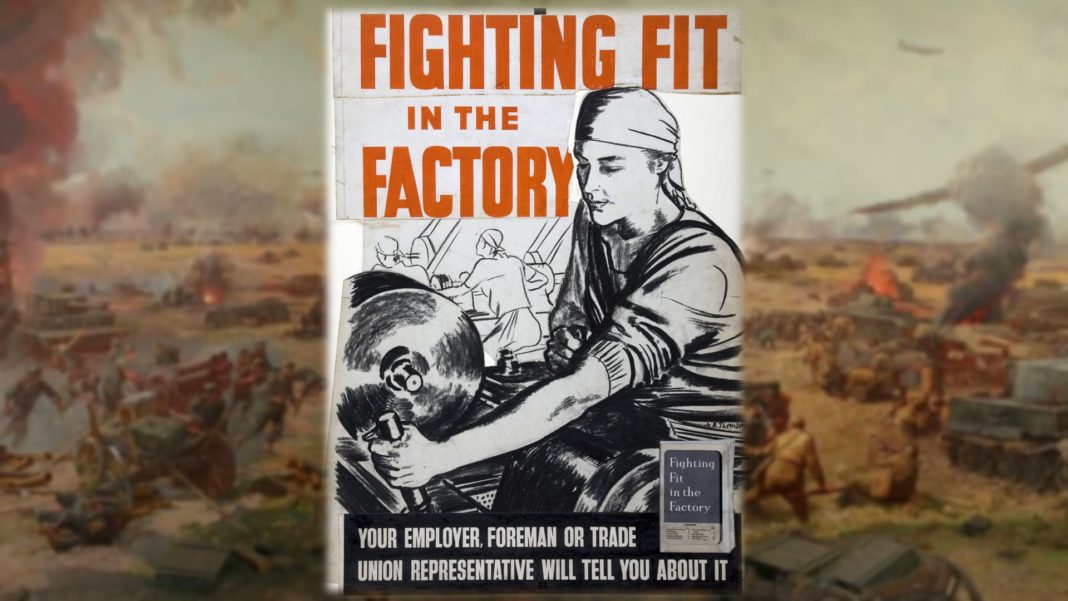HELLO AMERICA!—I am rather overwhelmed by the response I have been receiving from so many young people, especially high school students interested in our history, especially the second World War period. Since there have been so many references to the Holocaust, Nazis, Hitler effecting towns and cities of our nation, many students are anxious to hear from someone who actually grew up during that period. So, I felt it was time to revisit my thoughts and feelings as a young kid, observing how the world was struggling to exist under the shadow of death and blind intolerance.
I remember very clearly that when Japan attacked Pearl Harbor in 1941, it changed the entire rhythm and culture of the nation. Sugar, gasoline and coffee were rationed as were meat, fat and cheese. Sales of new cars and trucks were banned. Shoes were restricted to three pairs per person a year. Canned goods were affected. In 1943, there were salvage drives that produced 255.513 tons of tin cans, 43,919 tons of fat, six million tons of waste paper and more than 26 million tons of iron and steel scrap collected for use in essential industries.
My family lived near Chester where there was a shipyard that was busy day and night. It was also a time when millions of women were given jobs and positions of responsibility not enjoyed previously. Everybody and every town, small or large was involved in one way or the other. We were a people singing one song, and everybody was on pitch.
America was alive and everybody was looking to make whatever fast buck came their way. In 1943, the songs “White Christmas” and “Praise the Lord and Pass the Ammunition” were popular and we enjoyed listening to Bing Crosby, and even more so when we watched him in one of his “Road” films with his usual co-stars Bob Hope and Dorothy Lamour. As the war began to wind down, Richard Wright’s Black Boy was published. It stunned the nation with its flaming view of a young, Black boy trapped in a country that should have represented freedom and liberation.
As the boys were returning home from battle, George Gallup conducted a poll, including the questions: Do you know what television is? Have you ever seen a television in operation? During school assemblies, I was usually selected to sing patriotic songs. My favorites included: “When the Lights Go On Again,” “Don’t Sit Under the Apple Tree,” and “When Johnny Comes Marching Home.” The wonderful songs of Ginny Simms, Bing Crosby, Ella Fitzgerald, Sarah Vaughan, the Andrews Sisters, Dick Haymes and Mary Martin, were an ongoing reminder of what the world had had to face.
The people of our nation were expected to applaud every effort made to defeat Hitler and his gang. America gave an appearance of dancing together and every step had its own dynamic positive rhythm. It is paramount that reminding our young people that we, as a nation will garner even more power, once we understand and respect each other as a family saluting a flag of colors representing freedom and democracy.






